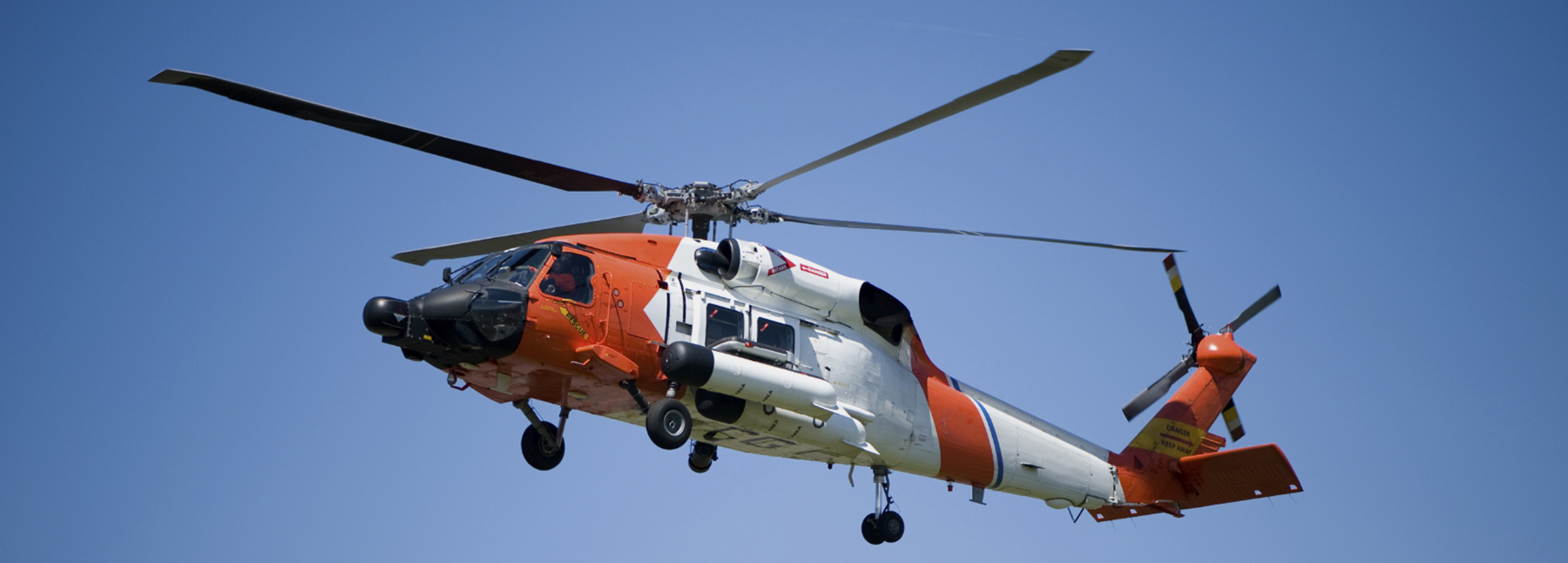For expats and their families living or working in remote areas where there may not be easy access to medical facilities, the inclusion of medical evacuation and repatriation cover may be an important part of their health insurance
The international private medical insurance industry is experiencing a significant increase in medical evacuations and repatriations due, in part to the growing number of international companies with staff working overseas; workforces in remote and often hazardous regions (e.g. mining companies), together with the rise in climate-related natural disasters.
With ever more companies seeking business opportunities overseas, employers recognise the compelling need to provide global healthcare cover for their staff.
In many countries medical insurance is a legal requirement and domestic cover may not offer as comprehensive a level of cover as international private medical insurance (iPMI).
Healthcare is a major concern for expats and their families and it is hugely reassuring for them to know that they are covered, regardless of location, by a health insurer who literally speaks their language.
Medical evacuations are carried out when international workers or their dependants get ill or injured and the required medical treatment is not available locally, at which point they need to be taken to the nearest suitable medical facility.
The countries from which Allianz Worldwide Care clients are most frequently evacuated include Mozambique, Libya and China, where specialist medical care is limited. South Africa and Germany are among the countries to which members are most commonly evacuated, due to the availability of centres of medical excellence and specialist care facilities.
The difference between medical evacuations and medical repatriations is that for repatriations, the insured member is returned to their home country for treatment, where medically appropriate and possible.



